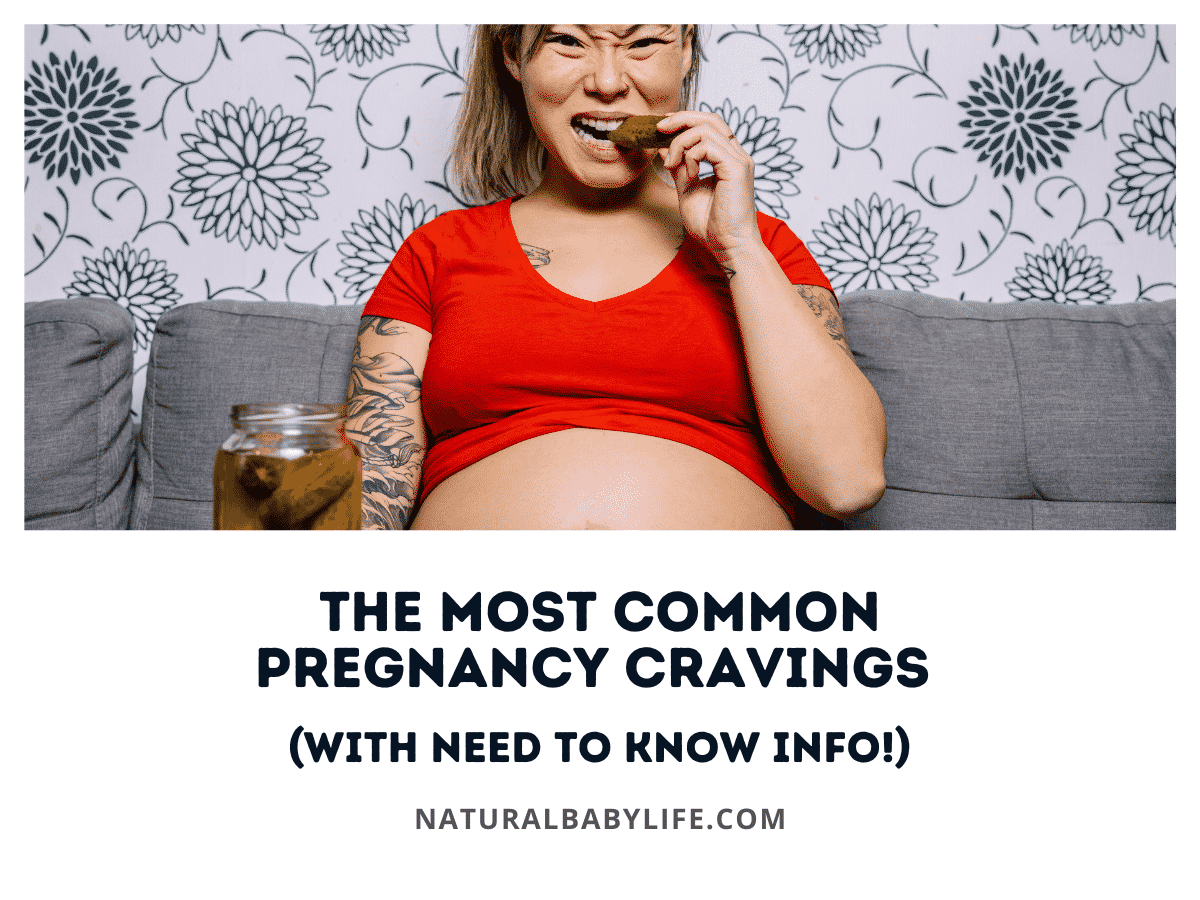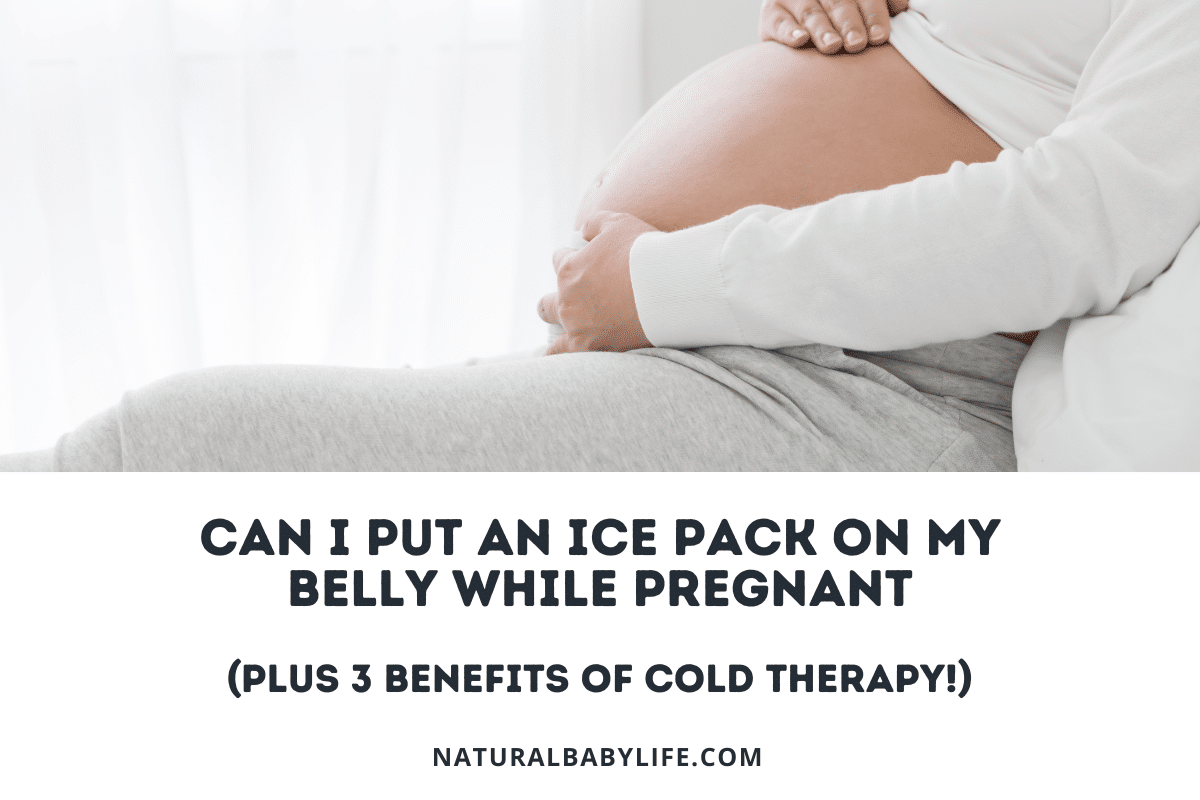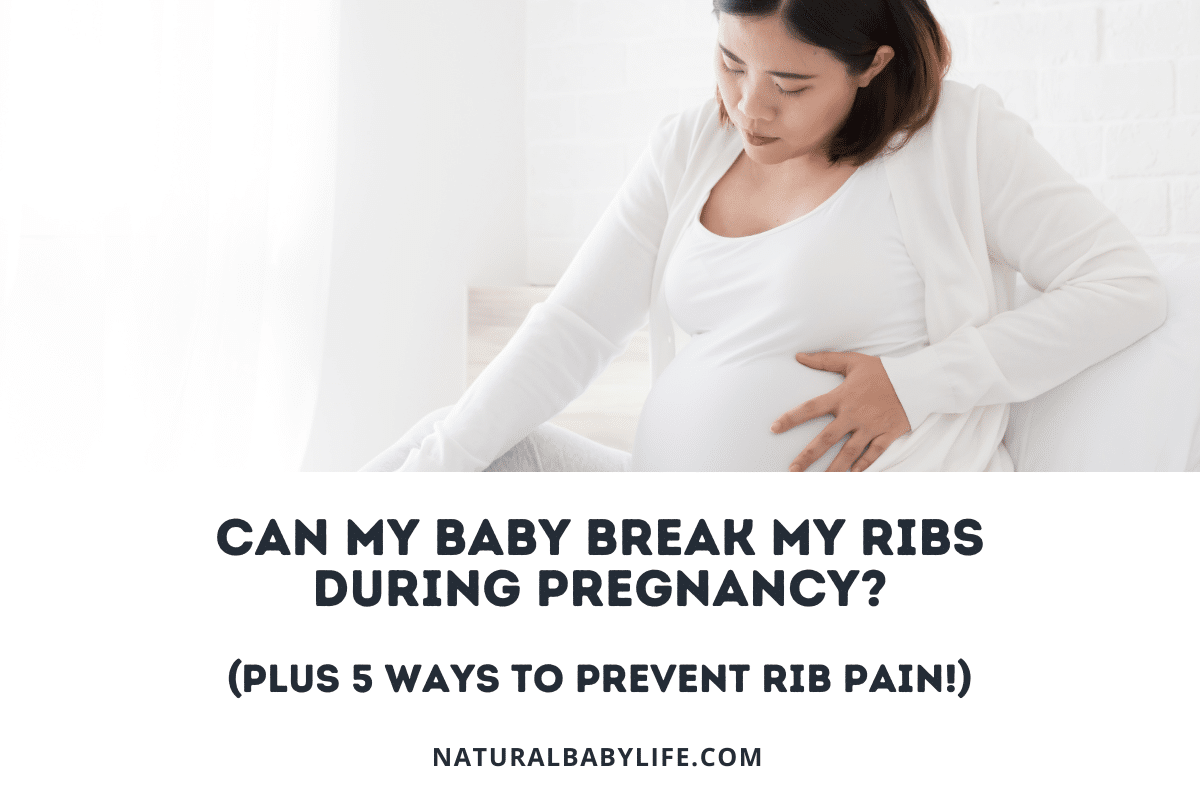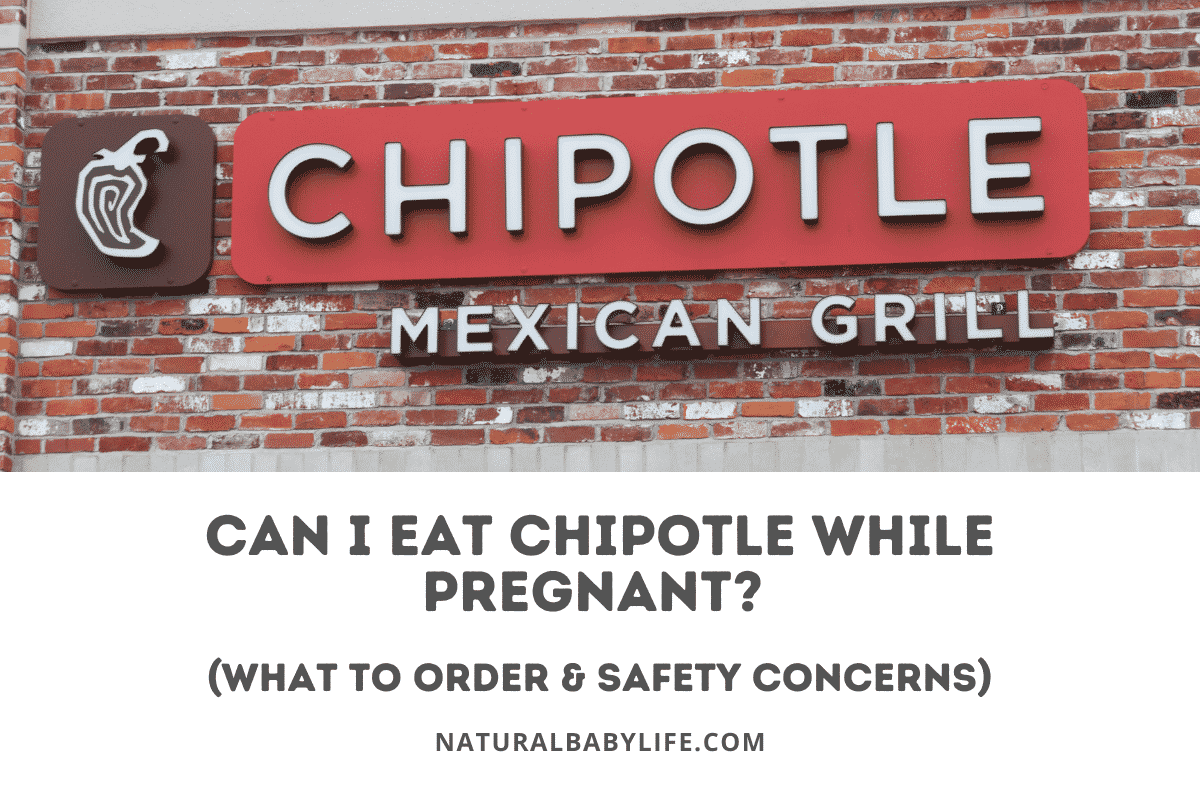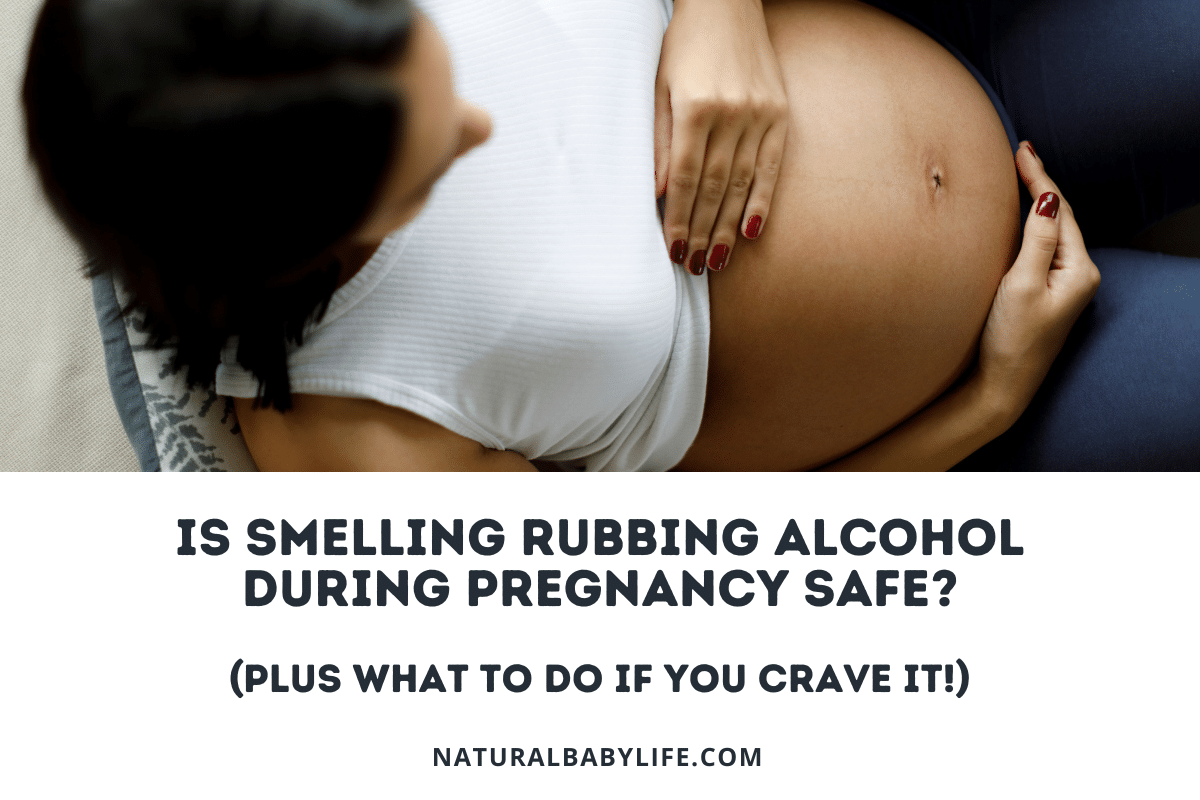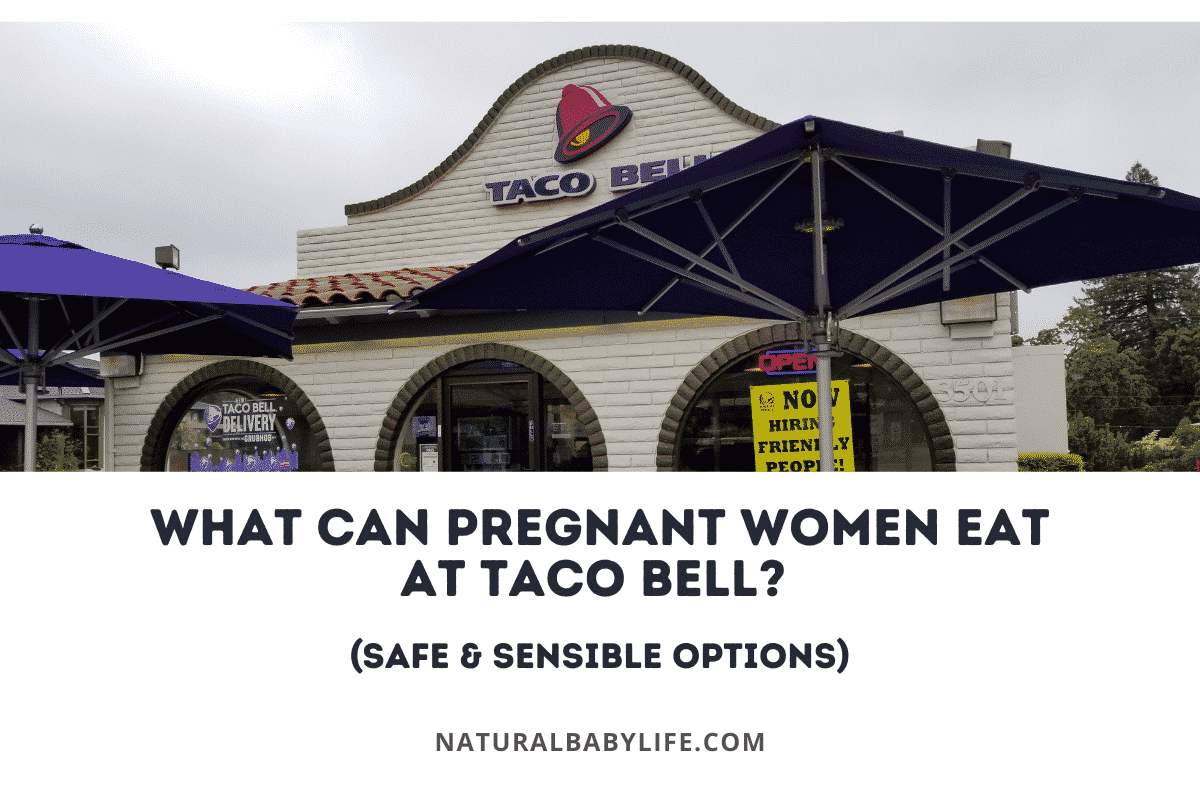One of the most common symptoms of pregnancy is food cravings. They can come at any point during your pregnancy and it can vary from an intense desire for something for a completely normal food to downright weird. It is normal to give in to cravings every once in a while but the most pressing question is: are these cravings good for me and my baby?
The most common pregnancy cravings are seafood, red meat, sour food, bread, and fried food. Giving in to most cravings is okay, as long as the food is prepared and cooked properly and consumed in moderation. Some food cravings, however, such as alcohol, raw oysters, and raw fish can potentially be dangerous to both mom and baby.
Read along as we discuss in great detail the most common pregnancy cravings and the important information that you should know about these cravings before you give in.
Table of Contents
When do pregnancy cravings start?
Pregnancy cravings usually start in the first trimester, peak in the second trimester, and slowly disappear as you go into your last trimester.
Roughly 50 to 90 percent of pregnant women have cravings at some point in their pregnancy which means that it is completely normal.
What do pregnancy cravings mean?
There are many old wives’ tales when it comes to pregnancy cravings and what it means for your baby and whether the cravings can dictate the baby’s gender, appearance, and personality. While it is fun to speculate and think about these things, it has no scientific basis and no correlation exists between your food cravings and your baby.
The main reason why you are having intense pregnancy cravings is the change of hormones that you are going through while pregnant.
Your hormones are working overtime because your body is busy giving life to another human being inside you.
What are the most common pregnancy cravings?
If this is not your first pregnancy, then you know what it feels like to have pregnancy cravings. You might have vague memories of sending out your husband to do a midnight store run just to buy pickles and vanilla ice cream. You also know that cravings are so intense sometimes that it is a way of your body craving for comfort in the form of food.
The most common pregnancy cravings include:
- Spicy food
- Sweets
- Sour foods
- Bread
- Fried food
- Steak
- Sushi
- Fish
- Shrimp
- Oysters
- Tuna
- Crab
- Vinegar
- Ranch
- Cranberry juice
- McDonald’s
- Ramen
- Lemon or lime
- Apples and peanut butter
- Boiled eggs
- Chalk
- Cucumbers
- Beef jerky
- Alcohol
- Watermelon
- Tea
It is important to realize that all pregnancies are different. Some pregnant women can have cravings throughout their pregnancy and some, none at all.
Whatever your pregnancy craving journey might be, you should know that this is all normal and part of the course as long as you consume food in moderation and keep up-to-date checkups with your doctor.
The ultimate pregnancy craving list
Look no further as we discuss the most common pregnancy cravings and the corresponding important information that you should know about each one.
Spicy food
Spicy food will not affect your pregnancy or put your baby in harm’s way which is why it is considered safe to eat during pregnancy. It is important to consume spicy food in moderation because it will result in acid reflux and heartburn.
It is a common craving for pregnant women and it can be attributed to fluctuating hormones, high body temperatures, nutritional imbalances, heightened sense of taste, or sinus congestion.
After eating spicy food, you might experience heartburn, develop hemorrhoids, indigestion diarrhea, and an upset stomach. All these symptoms are very uncomfortable especially for pregnant women, which is why you should consume this type of food in moderation.
Learn more about your spicy food cravings!
Sweets
It is important to watch your sugar intake during pregnancy but it is also okay to give in to your sweet cravings every once in a while.
The AHA recommends that women consume a maximum of 100 calories or 24 grams of sugar daily. To put this into perspective, a can of Coke has 140 calories (39 grams) of sugar. During pregnancy, craving for sugar is common, it is considered safe to consume but make sure that it is in moderation.
Women who have a history or have been diagnosed with gestational diabetes should be cautious about their consumption of sweet foods. To counter the effects of sugar, exercising is a great option to burn the calories and fat that you are consuming.
Learn more about craving sweets during pregnancy!
Sour foods
Sour foods are not harmful and can help maintain your body’s sodium levels which is why it is considered safe to consume during pregnancy. Maintaining appropriate levels of sodium is important so that your body can transfer calcium and other nutrients better to your baby.
Another advantage of sour foods is that it can be used to help with morning sickness because it increases saliva production.
Learn more about craving sour foods!
Bread
You must ask yourself, why do I crave bread? This is because your body will tell you what nutrients and vitamins it needs in the form of cravings. If you are craving bread, it means that your body is low on amino acid tryptophan, which helps in increasing serotonin and improves your overall mood.
Carbohydrates are a great addition to your diet and can be enjoyed, in moderation, during your pregnancy. Carbs should make up for a third of your daily consumption and you should try to steer clear of white bread because it lacks nutrients and contains a lot of preservatives and additives that are not healthy.
The type of bread that you consume during pregnancy is important. If you want to keep a well-balanced and nutritious diet, opt for whole grains over overly-processed bread.
Cravings for bread or carbohydrates in general typically peak in the late afternoon when your energy level is low and your body needs a pick-me-up.
Learn more about your bread cravings!
Fried food
The AHA recommends that fat consumption should be less than 5 to 6 percent of your daily caloric intake.
Even if you are craving fried food, you can opt for healthier options like fried chicken, fried fish, fried plantains, or fried potatoes. Fried food is generally safe to consume, but make sure that you enjoy it in moderation.
Fried food is the ultimate comfort food and it is not surprising that a lot of pregnant women crave this type of food. If you are craving fried food, it is thought that your body is craving more salt, fat, or foods that will fill you up more.
To have better control over your fried food consumption, try to make it at home as opposed to buying from fast-food restaurants. You can use other types of healthier oil like sunflower oil, olive oil, and avocado oil.
Learn more about craving fried foods while pregnant!
Steak
Beef is rich in iron and protein which is instrumental in keeping mom and baby healthy. These nutrients also help in the brain development of the baby. The recommended protein intake for pregnant women is 71 grams daily which is approximately equivalent to 5 ounces of lean meat. Craving for steak or red meat is safe during pregnancy because of the nutrients that it provides.
Make sure that your meat is well cooked to prevent any illnesses. It has to reach an internal temperature of 145 degrees Fahrenheit and should be consumed in moderation.
There are a lot of minerals and nutrients that your body can get from red meat and this includes iron, zinc, and protein. It is important to stick to the recommendation for protein consumption because too much red meat has been linked to higher mortality rates and the development of gestational diabetes.
Learn more about your steak (and red meat) cravings!
Sushi
Eating sushi while pregnant is safe as long as the fish is fully cooked to an internal temperature of 145°F and has lower mercury content.
Sushi is one of the types of food that pregnant women are being told to completely avoid especially when it has raw fish because it might lead to food poisoning, listeria, and exposure to high levels of mercury.
Consuming undercooked or raw fish can lead to a variety of illnesses which include listeria and salmonella. Additionally, high levels of mercury can negatively affect your baby’s neurological development.
Learn more about which of your sushi cravings are safe to give into!
Fish
Fish is a great source of nutrients and is rich in protein.
It is recommended that pregnant women consume 8 to 12 ounces of fish per week. This roughly translates to consuming fish 2-3 times a week. Fish is also rich in iron and zinc which is helpful in maintaining a balanced diet. The Omega-3 fatty acids that can be found in fish are also beneficial to your baby’s brain development.
In consuming fish, you should opt for fish that do not possess a high mercury content. Regularly consuming fish that has high mercury levels can cause mercury to form in your bloodstream which can cause harm to your organs and baby. The fish that you should avoid include swordfish, sharks, and tilefish.
In preparing fish, you have to make sure that the internal temperature reaches 145°F for it to be considered safe to consume. The best types of fish to consume during pregnancy are salmon, herring, freshwater trout, shrimp, tilapia, and cod.
Learn more about which types of fish are best to eat during pregnancy!
Shrimp
Shrimp is considered safe to consume when pregnant; in fact, the FDA recommends 2-3 servings of seafood per week in pregnant women. Shrimp is rich in Omega-3 fatty acids which play an important role in a baby’s fetal development. When consuming shrimp, make sure that it is cooked and handled properly to avoid getting food-borne diseases from raw seafood.
Even though it is considered seafood, shrimp does not give off the fishy smell or taste which is perfect for pregnant women who are suffering from morning sickness and frequent nausea.
Shrimp is considered cooked when it reaches an internal temperature of 145°F. One of the good things about shrimp is that it has one of the lowest mercury concentrations in seafood with a mercury concentration range of 0.009 to 0.05.
Learn more about your shrimp cravings!
Oysters
Oysters are safe for pregnant women to consume as long as they are fully cooked. Raw oysters should be avoided because they can expose you to illnesses. Oysters are great sources of iron, protein, fat, zinc, and Vitamin B12. All these nutrients and minerals play a factor in the baby’s neurological development.
There are different ways that you can cook oysters and these include deep-frying help, grilling, or steaming.
It is important to note that fully cooked oysters should reach an internal temperature of 145°F. Raw oysters can carry bacteria and parasites that can be detrimental to you and your baby.
Learn more about the best ways to eat oysters while pregnant!
Tuna
Tuna is generally safe to consume during pregnancy, especially if it is fully cooked and consumed in moderation. Tuna is a wonderful source of protein, iron, zinc, and Omega-3 fatty acids which is why it is a safe food choice for pregnant women.
The FDA recommendation when it comes to consumption of seafood for pregnant women is a maximum of 12 ounces or two to three servings of seafood that is light in mercury content per week.
There are many ways to enjoy tuna during your pregnancy, including tuna sandwiches, tuna salads, or tuna with crackers.
Light canned tuna is considered the best choice because it is made from the smaller species of tuna which means that it has lower mercury content compared to the bigger varieties. Because of this, you can consume light canned tuna up to three times each week.
On the other hand, albacore tuna is a bigger type of tuna and therefore has a higher mercury content. In consuming albacore tuna or tuna steaks, you should stick to one serving per week.
Learn more about the best ways to give into your tuna cravings!
Crab
Fully cooked crab is safe to consume because it has vitamin B12, Folate, and Omega-3 fatty acids which are all beneficial for your baby’s development. The FDA recommendation for seafood is 3-4 servings weekly or 8-12 ounces. Crab is a healthy option because it does not contain carbs, fiber, or sugar.
One cup of crab contains 97 calories, 21 grams of protein, and less than 1 gram of fat.
Crab also has the lowest concentration of mercury content, especially King Crab. Imitation crab is also safe to consume because it is fully cooked but keep in mind that it will not have the same nutritional benefits as real crab.
Learn more about eating crab while pregnant!
Vinegar
Vinegar is safe for both mom and baby if consumed in moderation. Excessive consumption can cause heartburn. The general rule of thumb is to limit yourself to 1-2 tablespoons of vinegar per day. Vinegar helps lower blood sugar, blood pressure, and cholesterol and can help heal a sore throat or cold.
Vinegar is high in antioxidants and can also help in curing morning sickness symptoms. Apple cider vinegar is a healthier option compared to white vinegar and has been used as a popular natural remedy for many ailments.
Learn more about vinegar cravings!
Ranch
Ranch dressing is considered safe to consume if it is store-bought. This is because the ingredients used on ranch products that can be found on grocery shelves are all pasteurized to prolong the shelf life.
If the dressing is homemade or in a restaurant, you should check to make sure the ingredients they used don’t contain unpasteurized dairy or egg products.
Learn more about craving ranch dressing while pregnant!
Cranberry juice
Cranberries are a great source of vitamin C, vitamin E, vitamin K1, manganese, and copper. It is also helpful in preventing urinary tract infections which are common in pregnancies. Cranberry juice is safe to consume during pregnancy as long as there are no added sugars and it is 100% juice.
Craving Cranberry juice can be tied to vitamin c deficiency or hormonal changes. Cranberry juice can help with nausea and morning sickness and is considered a healthy addition to a pregnant woman’s diet.
Learn more about craving cranberry juice!
McDonald’s
Mcdonald’s foods are pasteurized and processed which means that it is safe to consume while pregnant. While most of the items in their menu are safe to eat, they do not provide the needed nutritional value that you and your baby need.
If you have an unbalanced and healthy diet during pregnancy, it can lead to gestational diabetes, anemia, and unhealthy weight gain.
It is okay to give in to your cravings every once in a while as long as it is in moderation. The following meals from McDonald’s are considered better options compared to the rest: single-patty cheeseburger, McDonald’s oatmeal, Egg McMuffin, and small McDonald’s fries.
Learn more about what to do about your McDonald’s cravings!
Ramen
Ramen has very little nutritional value and has high sodium content.
While it is considered safe to consume during pregnancy, you should do so in moderation. If you are craving ramen, you can choose to omit the included seasoning packet and flavor it using more natural ingredients.
To make ramen healthier, you can add eggs, vegetables, chicken, beef, or fresh herbs. All these options will make your ramen flavorful without using the seasoning packet that it comes with that is usually high in sodium
Learn more about your ramen cravings!
Lemon or lime
Both lemons and limes are generally safe to consume during pregnancy and can provide benefits to both mom and baby. A lemon is a great source of vitamin C, potassium, and vitamin B6 and is about 20 calories. On the other hand, a lime is packed with vitamin C, antioxidants, and other nutrients.
As with anything, moderation is key. Overindulging in either lemons or limes can lead to tooth enamel problems and heartburn because of the acidity levels.
The plant component in lemon can have positive effects in preventing cancer, cardiovascular disease, and inflammation. Limes are known to boost immunity, reduce heart risk factors, help prevent kidney stones and promote healthy skin.
Learn more about how lemons and limes can help curb morning sickness and nausea!
Apples and peanut butter
Apples and peanut butter is a great snack option for pregnant women because it provides vitamin C, fiber, and protein. This is a great combination because it will make you feel full longer.
Peanut butter is a good source of protein and can be consumed in moderation. Because of these benefits, it is safe to consume while pregnant. It pairs well with apples, crackers, or bread which is a way that you can balance carbs and protein.
Some studies say that consuming peanut products during pregnancy can prevent peanut allergies in babies. The best kind of peanut butter is the natural one with lower levels of carbs.
Learn more about your peanut butter and apple cravings!
Boiled Eggs
Properly cooked hard-boiled eggs are safe for pregnant women to consume and are a source of nutrients. Eggs are high in calories and fat which will make you fuller longer. One large egg contains 75 calories, 7 grams of protein, 5 grams of fat, and nutrients and minerals needed by both mom and baby.
Ironically enough, eggs can also be a cause of food aversion which can lead to morning sickness and nausea, especially in the first trimester.
Consuming too many eggs can prove detrimental to your heart health and can cause weight gain and high cholesterol which is why you should only consume it in moderation even if it is an important part of your diet.
The cholesterol in eggs is in the yolk so opt for a healthier option with an egg-white omelet or scramble.
Learn more about your egg cravings!
Chalk
Pica is a phenomenon when a pregnant woman craves non-food items like chalk or dirt. These cravings are completely normal but might be a sign of a micronutrient deficiency. Ingesting chalk is not recommended for pregnant women because it can lead to anemia or malnutrition.
There is no scientific reason why pregnant women would crave chalk but some reports are saying that it is caused by anemia, low zinc, and calcium deficiency.
According to the American Journal of Human Biology, cravings associated with pica can occur in almost 68% of pregnant women. The prevalence of this craving can be tied to cultural and location factors.
Chalk is not considered poisonous and is generally composed of calcium carbonate or calcium sulfate but it is important to know that it is not made for human consumption. Ingesting chalk can lead to indigestion, bowel problems, parasites, and malnutrition.
Learn what to do if you find yourself craving chalk while pregnant!
Cucumbers
Cucumbers are a safe and healthy option for pregnant women. It is rich in potassium and vitamin C and is a great snack especially if you are looking for something cool and refreshing. A cucumber contains almost a cup of water which is a great source of keeping yourself hydrated.
When it comes to fruit and vegetables, there are better options than the cucumber but it is low in calories and contains lignans which can help protect against specific cancers.
Learn more about your cucumber cravings!
Beef Jerky
Beef Jerky is high in protein, but it should be consumed in moderation while pregnant because it is also high in sodium which can lead to dehydration and increased chances of morning sickness.
The way that beef jerky is prepared is not guaranteed a safe practice which is why it should be moderately consumed. Beef jerky is dehydrated meat that doesn’t guarantee the cook and doneness of the food. A large amount of salt is added to the meat to prevent bacteria growth.
Beef jerky can be a snack alternative, you just have to make sure that you are not consuming it regularly.
Learn more about if you should be giving in to your beef jerky cravings!
Alcohol
Alcohol consumption is a big no-no during pregnancy and even if you are thinking of getting pregnant. The CDC is advising against alcohol consumption because it can lead to fetal alcohol syndrome. Drinking alcohol even at low levels can affect your child’s learning ability and can cause behavioral problems.
If you are craving the taste of alcohol, there are a lot of non-alcoholic options that are available out there. There are non-alcoholic beers that taste exactly like real beer especially if you are just craving the texture and taste of it.
Feeling like you are left out because all your friends are drinking except you? If you are out on dinner with friends and don’t want to miss out on the fun, you should get a mocktail or a non-alcoholic cocktail. You can still get the same taste minus the alcohol content.
Learn more about how to deal with your alcohol cravings while pregnant!
Watermelon
Watermelon is a great alternative to water and will provide hydration and vitamin C to pregnant women. It is rich in vitamins and minerals, which is why it is considered safe to consume during pregnancy. You can get vitamins A, B6, as well as antioxidants which can help decrease the risk of pregnancy complications and decrease the chance of preeclampsia.
It is normal to crave a cold, juicy watermelon especially if it’s a warm summer day. Body temperatures of pregnant women tend to run high and can be uncomfortable during summer which is why the body will crave refreshing food like watermelon.
As with any other craving, you should consume watermelon in moderation because too much watermelon can cause discomfort and bloat.
For pregnant women who have gestational diabetes, it is recommended to talk to your doctor before consuming watermelon because of the sugar content which can lead to sugar level spikes that can be harmful to the baby.
Learn more about your watermelon cravings!
Tea
Caffeinated tea should be consumed in moderation because too much caffeine can affect the development of your baby. The American College of Obstetrics and Gynecologists (ACOG) recommends that caffeine intake for pregnant women should be limited to less than 200 milligrams daily. Tea is rich in antioxidants and is a great alternative to coffee.
Tea is a great addition to your diet especially during pregnancy because it can help soothe your nausea and morning sickness symptoms. Natural herbal tea and Rooibos tea have the lowest caffeine levels while black tea and green tea have higher caffeine levels.
Ginger tea is a great way to help relieve symptoms of nausea and morning sickness. Tea is also a natural way that can help your body soothe and relax. There are some teas out there that can help promote good sleep and reduce stress.
Learn more about which teas you can drink when you’re pregnant and craving a hot beverage!

